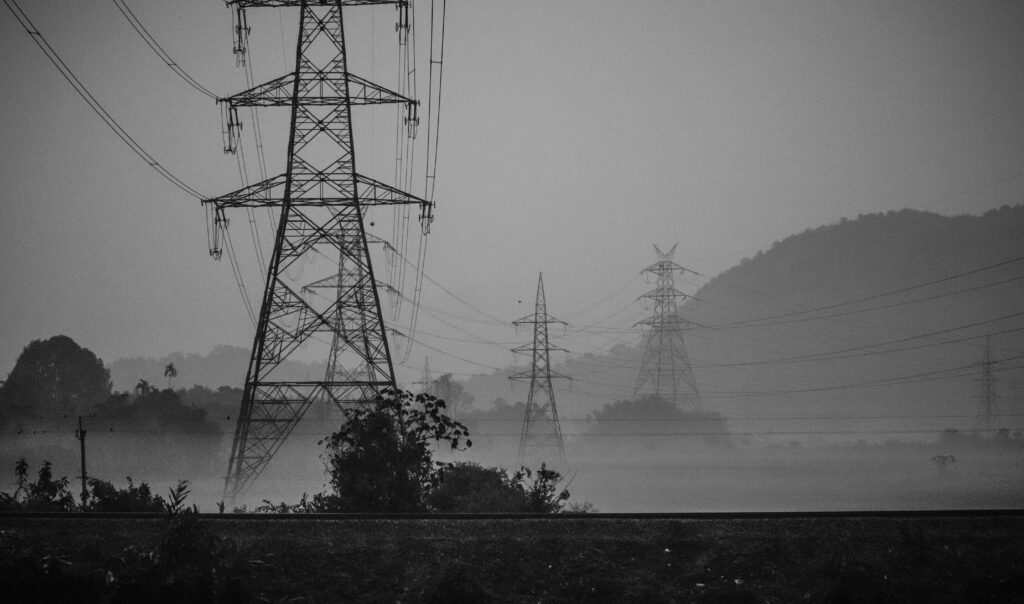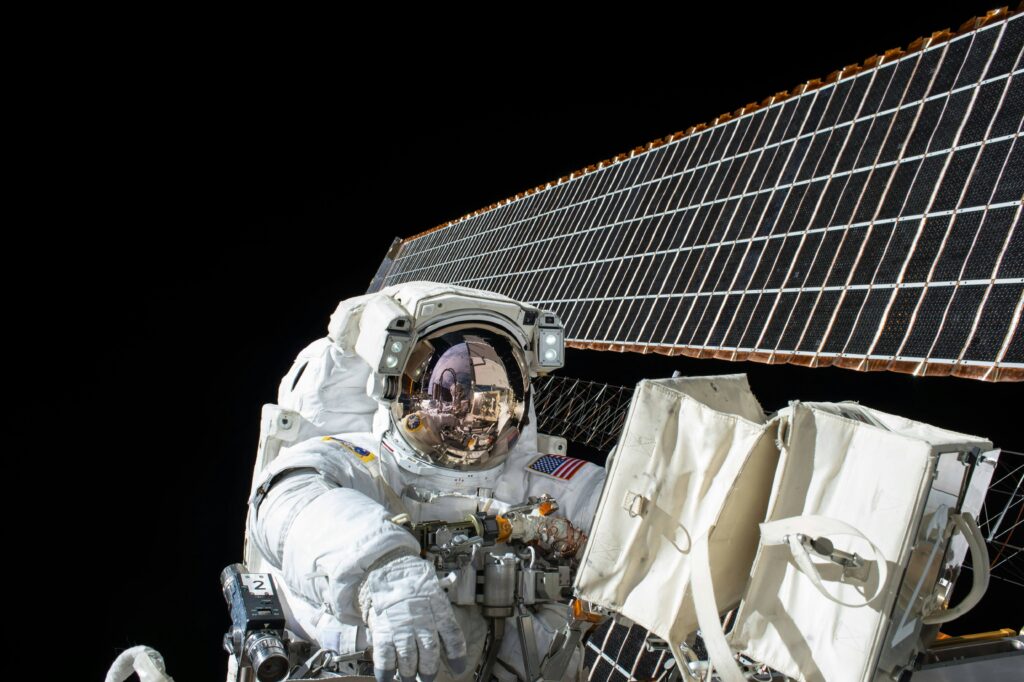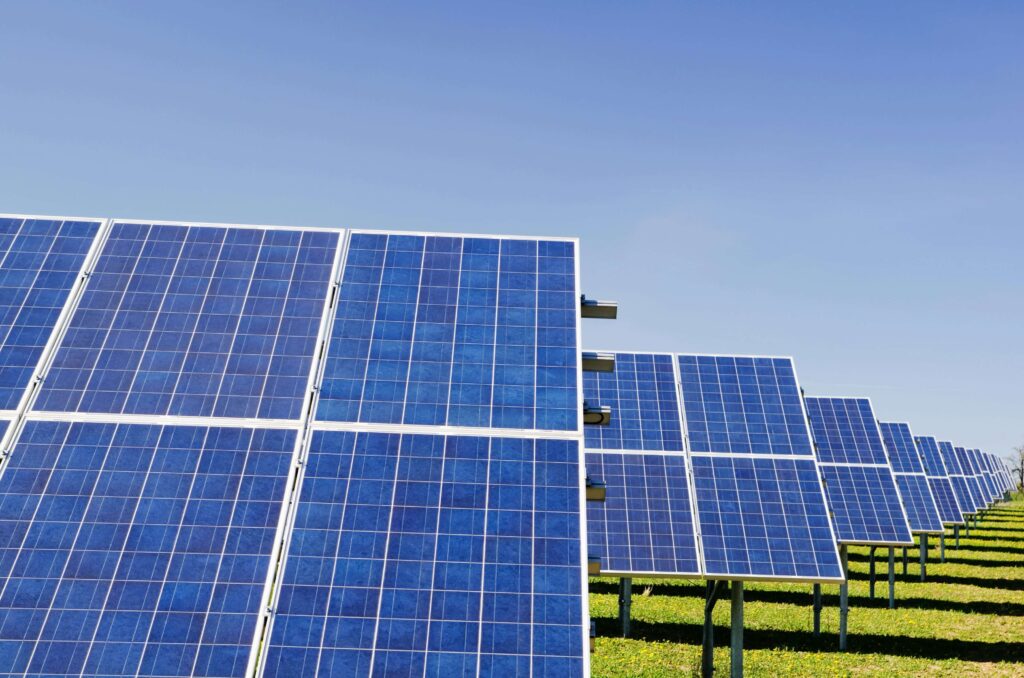Posts by Ross Rutherford
April 2024
This newsletter starts with something different, namely translation of an
interview with Jens Beckert, Director at the Max Planck Institute for the Study
of Societies and Professor of Sociology in Cologne.
On the brighter side, it also includes a number of items on positive actions that
are helping improve people’s lives, and on technologies that can, or have the potential to contribute to reducing future emissions.
CONTENTS
– “How can we just go on living like this, even though we have known for three decades what is threatening us?”
– Ocean heating 2023
– Our reliance on fossil fuels
– “Plastics producers have deceived the public about recycling”
– How Burkina Faso builds schools that stay cool in 40C heat
– The African tree-planting project making a difference
– The ‘15-minute city’ has taken off in Paris
– UNSW team creates synthetic methane using only sunlight
– Printed solar cells
– Acqueous metal-ion batteries
– Energy storage using salt, air and bricks
Submission On The Government Policy Statement On Land Transport 2024
This submission provides feedback on the draft Government Policy Statement on land transport 2024 (GPS 2024). GPS 2024 outlines the government’s land transport investment strategy over the next 10 years, the funding available, and where funding should be directed to deliver on this strategy. Our submission provides feedback on the new strategic priorities, identifies inconsistencies which conflict with the stated intent, identifies items that are missing from the policy statement, and items that we support.
Read MoreFebruary 2024
CONTENTS
– COP28’s potential impact on climate change
– Human ‘behavioural crisis’ at root of climate breakdown, say scientists
– Carbon released by bottom trawling
– India rebuilds coal stocks to ensure electric reliability
– World groundwater levels showing ‘accelerated’ decline
– Short extracts from Reuters website
– French farmers
– Solid state batteries update
– Information from Energy Source and Distribution magazine, Jan/Feb 2024
– Some recent statistics
November 2023
CONTENTS
– Some environmental statistics
– Global warming rate
– China and India struggle to curb fossil fuels
– Renewable hydrogen takes flight with octocopter
– Space-based solar power
– New Scottish blade a ‘step change’ for tidal energy
– Power grids investment needed
– World’s tallest wooden tower to be built in Australia
August 2023
CONTENTS
– Tracking Clean Energy Progress: IEA Report
– Selected charts tracking how countries are meeting their commitments to reduce GHG emissions
– China’s Climate Priorities
– Exxon Mobil 2023 energy outlook
– Calls for crackdown on fossil fuel company greenwashing
– Solar power cell innovations break key energy threshold
– Mining giants trial world-first hydrogen pilot for alumina
– South Korea’s Kepco joins Western Australian hydrogen hub
– Prospectors hit the gas in the hunt for ‘white hydrogen’
– $4.6 billion plant in South Africa will make ‘the fuel of the future’
– Farmers on frontline as Dutch divided by war on nitrogen pollution
– World’s largest ‘wood city’ to be built in Stockholm
– Attending ESR Committee Meetings – A request for feedback
June 2023
CONTENTS
– The clean energy investment boom (pictured)
– Rock flour from Greenland can capture significant CO2, study shows
– The path to radically lower emissions
– Global Energy news
– L.A. and other cities are recovering, but not their downtowns. Why?
– Asia’s largest timber building
– A review of the book “What we owe the future”
Auckland’s Transport System for a Fast-Changing World
Ross Rutherford gave his personal perspective on the planning and development of Auckland’s transport system to better equip Auckland to be a successful 21st century world city. He identified changes needed in current thinking, planning and funding to meet present and future challenges. These include making better use of the existing transport network, and better preparing Auckland for a future where fossil fuels prices reflect carbon emissions and sustainability is once again a prime objective.
Read MoreSocial Impacts of Climate Change
Climate change, combined with a number of factors including groundwater extraction and other pressures from population increases, is already impacting people who live in areas vulnerable to sea level rise, drought, or ice melt, many of whom are poor.
Read MoreNew Zealand Energy Security And Climate Change
This paper sets out the case for taking early and effective action to improve New Zealand’s energy security, and doing so in a manner which minimises New Zealand’s future greenhouse gas emissions
Read More






